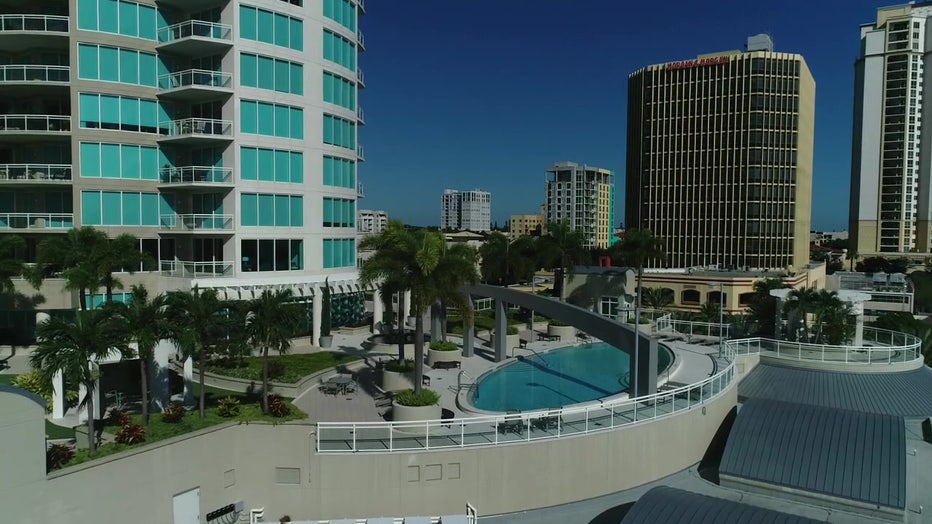Florida lawmakers consider bill aimed at giving incentives for affordable housing investments
ST. PETERSBURG, Fla. - State lawmakers are considering a bill that would give incentives for investing in affordable housing, but what is affordable can mean something different to everyone.
For Jameka Williams, finding an affordable place to live in St. Petersburg is like finding a gem.
"So, I currently live at home with my parents," said Williams, a Pinellas County resident who volunteers with the community organization Faith in Florida. "As a person who is making $67,000, if I'm going with spending a third of my income, $1,600 isn't getting much these days in that area. So that's like mind-boggling to me."
READ: Florida lawmakers could override tenant bill of rights laws
The 30% rule is not realistic anymore for many. The average rent in St. Pete and Tampa hovers around the $2,000 mark, and the median household income is nearly $60,000, according to the U.S. Census Bureau. Affordable housing really depends on what’s actually affordable to you.
"So if someone’s making $1,500 a month on social security, their rent should not be more than $450. Where are you going to find that?" said Aidza Antonio Thomas, the executive director of Solita’s House, a nonprofit that helps people find housing. "It’s extremely difficult. I have clients that come all the time that work full time jobs. They still live in their cars. They store everything in a storage unit. They have a gym membership, and that’s where they take baths. They go to work every day, and yet they can’t afford a house or an apartment."

The proposed "Live Local Act" in the state legislature aims to boost affordable housing development and ban local rent controls. University of South Florida business professor Lei Wedge said solving the housing crisis across all income levels will take more.
"Whatever the rules or laws they try to pass, that only benefits maybe a very small percentage of the population," said Wedge, an associate professor with the USF Muma College of Business who studies housing trends and statistics. "What government needs to do is to stop these institutional investors coming here to invest in the residential properties."
MORE: City leaders to turn 18-acre land in West Tampa into affordable housing near downtown
In the meantime, others are hopeful for more realistic solutions.
"It’s going to take a while to come down and when it does, it usually gets watered down, so what exactly will it do for my clients, I don’t know yet," said Antonio Thomas.
Some housing advocates like those with Faith in Florida are pushing back against the proposed law. As for affordable housing, Wedge said people are spending almost 40% of their income on rent now in the Tampa Bay area.

